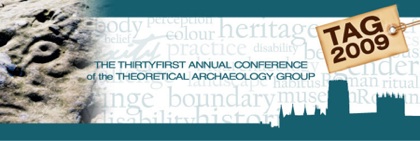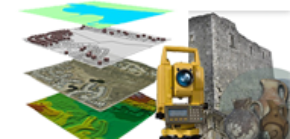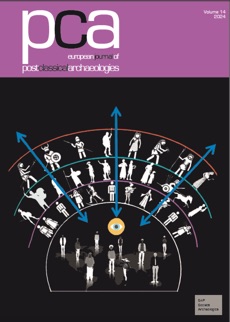
The archaeological study of early medieval ‘towns’ is arguably one of the least theorised aspects of medieval archaeology in Britain and Europe, despite the fact that they were relatively densely occupied spaces, which in many cases have produced closely datedstratigraphic sequences, good spatial data, significant evidence for manufacturing activities, and large artefact assemblages representing various activities including rubbish disposal, landscaping activities and occupation.
Although the establishment of a correct definition of the ‘town’ has generated significant (theoretical) debate in the course of the past decades, this session does not aim to return to that issue. Instead, it accepts the working definition that early medieval ‘towns’ were relatively densely occupied settlements that had a number of different functions and a complex identity that set them apart from the surrounding region, and may include, in the case of Britain, Anglo-Saxon wics and burhs and Anglo-Norman civitates, as well as certain monastic sites.
This session focuses on the period c. 700-1200, and invites papers that explore the ways in which the information retrieved during the excavation of such sites lends itself to the development, enhancement and testing of new and existing (post-) processualtheories, with the dual aim to increase our understanding of life within these settlements, and the role of these settlements within their wider social, political or economic contexts. Themes that may be addressed include concepts of time, space, identities, social relations (including gender and age), social processes (including production and consumption), and artefact biographies.
TAG 2009: 17th-19th December





